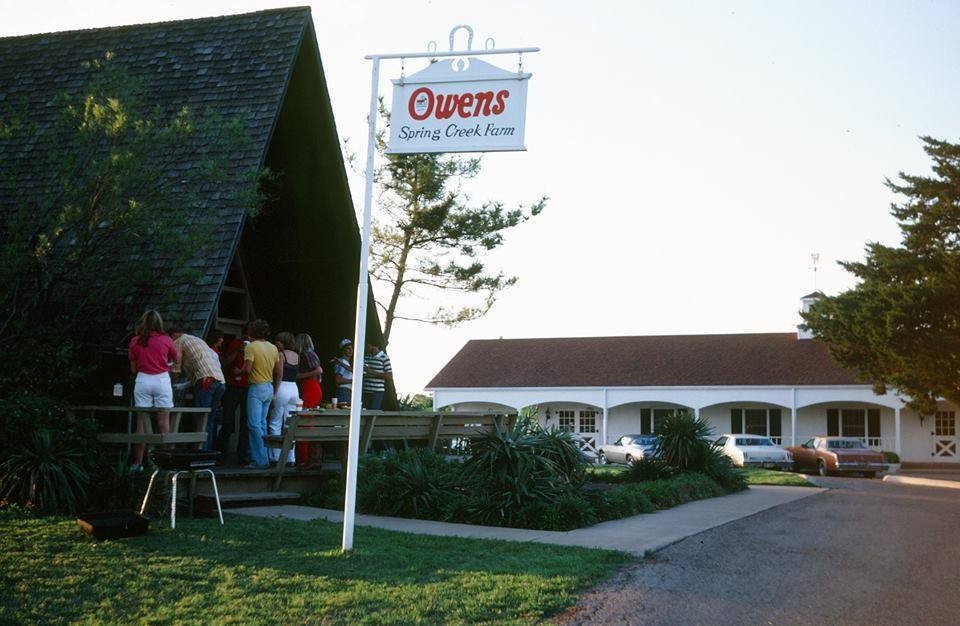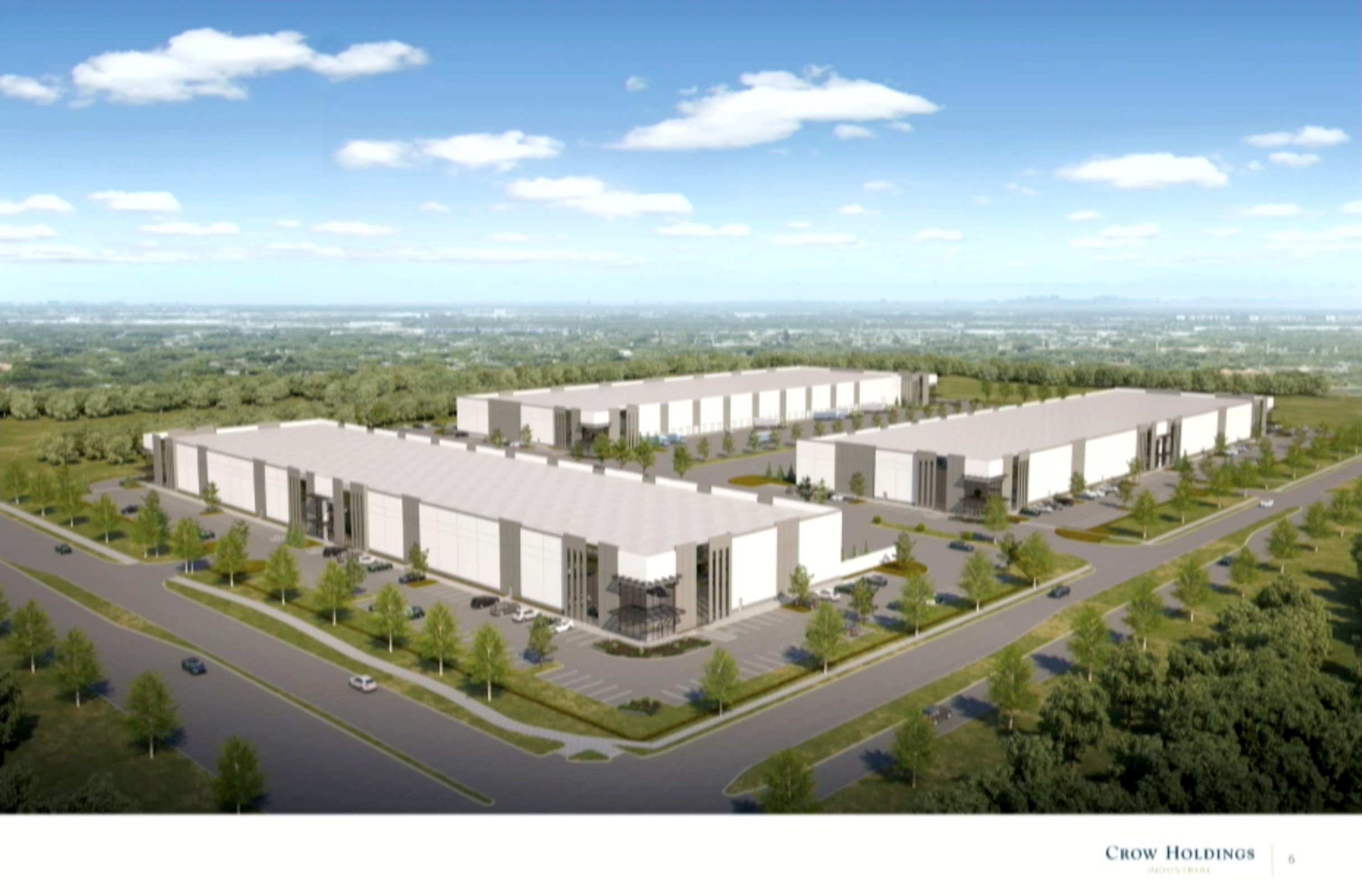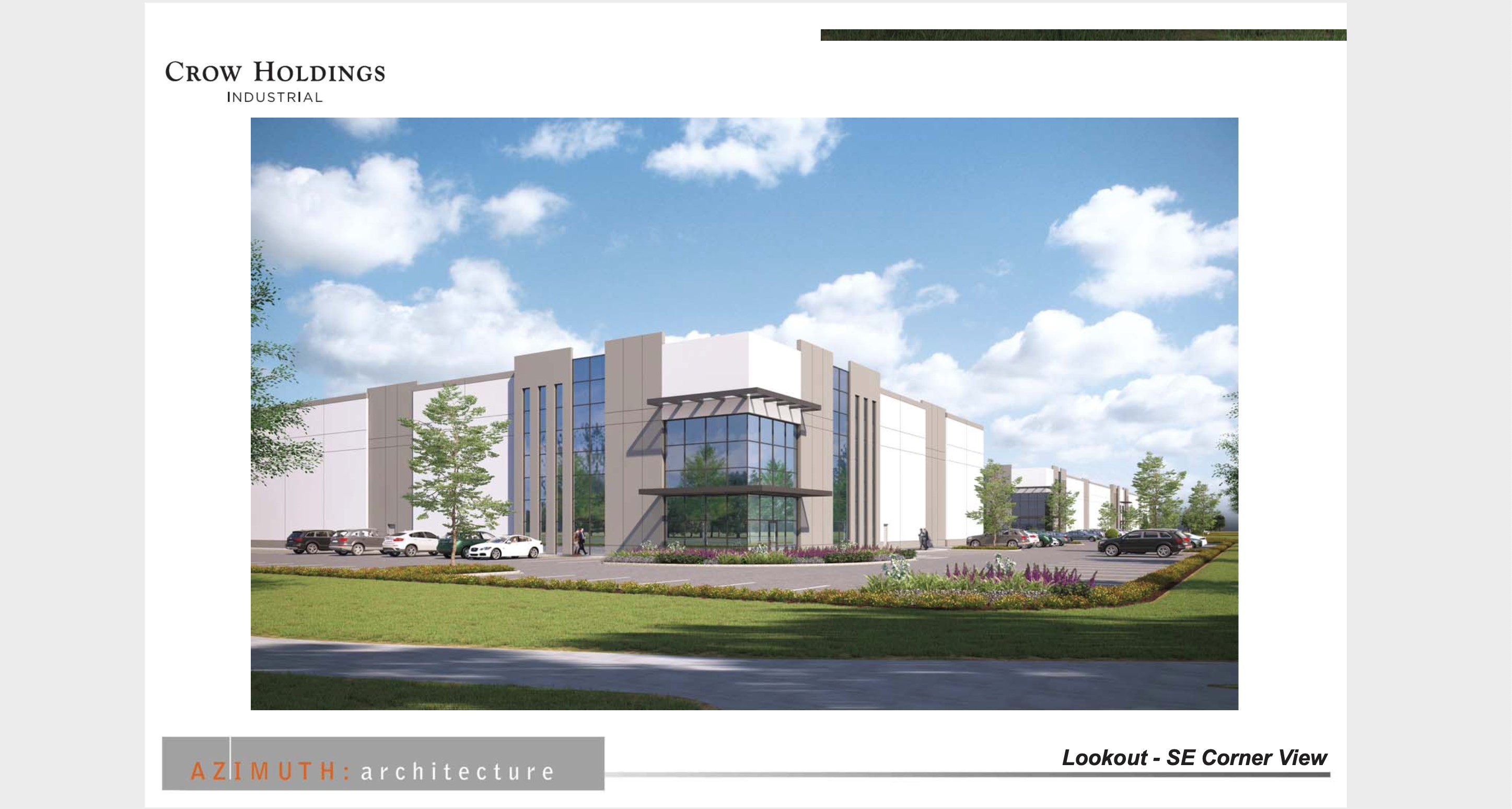RICHARDSON, Texas — A 27-acre swath of farm property in Richardson is one of the largest remaining development sites in the city and is considered a “gem” by residents living around it. However, developers are hoping to turn it into three distribution warehouse and office buildings, much to the neighbors’ dismay.
More than 50 letters have been sent to the City of Richardson opposing this development, and many are now even more upset with the outcome of a recent City Planning Commission meeting. The proposed rezoning of the property was given the unanimous go-ahead by the commission to allow for more flexibility in terms of density and/or building placement (PD - Planned Development) from the original I-M(1) Industrial District zoning.
For decades, the site was home to the old Owens Spring Creek Farm, where Owens Country Sausage was first produced and families could visit until it closed in 2013. The property also includes the Hill-Robberson House, a Texas Historic Landmark moved to the site in 1979. The property was sold to Standridge Companies in 2017. Companies have built up around the farm property, one of the reasons the developer, Crow Holdings Industrial, believes distribution warehouses would fit right in.

“Why this site? If you look at the aerial...it’s somewhat obvious. This is a fantastic infill office/warehouse development site in the heart of an extremely great area for a lot of reasons. These buildings, of which there are three…are intended to serve businesses in this immediate area to benefit from the high density, highly educated payment in the area and to be close to major thoroughfares,” said Crow Holdings senior managing director Will Mundinger. "Very well developed area, lots of successful businesses nearby and we just want to be close to that. It’s as simple as that.”
Ron King is a part of a group of concerned homeowners from the Sherrill Park North/Foxboro Addition neighborhood rallying against the proposed development that would go around the corner from their houses.
"It's the thing that they're wanting the change on the zoning that is a big deal,” Ron King said. "The height of the buildings that they want construct are going up to upwards of 50 feet. There's an office building across the street over there that is that already and it’s a five-story. And I would hate to see something that tall right over here amongst these houses. So that is a problem that we see with the zoning of it."
The group of neighbors initially banded together to oppose a zoning request back in September for residential uses. The applicant received approval from the commission, but later withdrew the plans.
“It was going to be 200 townhomes and condos/cottages and we could see the problem with the flooding. We could see the problem with the traffic. The problem with just scraping all that land and putting concrete there would impact all these homes along [Braeburn], along [Spring Creek], [Foxboro] Park,” said Ron’s wife Charlene King. “We don't need more concrete, we don't need more warehouses, we don't need more apartments, we don't need any more concrete construction. I think they're just saying dollar signs and that might sound crude, but I think that's what they're seeing."
Mundinger told the commission at the December 1 meeting that the warehouses are “generally smaller types of warehouses” from what the company might normally build, but they’re prepared to “build out the offices are bigger or small as these tenants need.” The buildings would be built speculatively, which Mundinger says is typical. He also said the buildings will be more “employment-focused than they will be truck-focused.” And that “keeping trucks away from what people see is important."

“These are not bulk buildings. These are going to be highly office-finished, small tenant buildings,” Mundinger said. “These will not be highly traffic for truck types of buildings, they're just too small. But, you know, there will be trucks, whether they're delivery trucks or in the occasional case, 18 wheelers, and it was important for us to push all that use inward. I mean, for everybody that drives by these buildings, we want them to look like office buildings. We want them to look as similar as they can to the buildings if you drive down south on Plano.”
The applicant submitted a Traffic Impact Analysis from LEE Engineering that estimated the number of vehicle trips generated by the proposed development for the build-out year of 2024 would be 123 trips in the a.m. peak hour, 108 in the p.m. peak hour, and 935 trips per weekday.

Although the developer wasn’t required to complete a drainage or flood study before submitting the request to the commission, these studies will be required in conjunction with the submittal of development plans for review by the city’s development engineer. Residents who have lived through flooding from Spring Creek in the past are concerned more concrete means worse flooding.
"I can't help but think that out of the 200 and some homes just in this pocket neighborhood here, by far the bulk of people are going to oppose this change. And they're asking for changes that are going to impose a hardship on our lifestyle and on anybody's home. More lighting, more flooding potentially, and the fact that they didn't do this study, they don't know. They can't tell you,” resident Gerald Long said.
"Putting the heavy truck traffic, the lights and whatnot. It's not going to be beneficial to the nature of this area, which is one of the prime gems Richardson has at this point in time,” resident Bob Hendrick said.
Another concern of homeowners is the proposed height of the buildings. The developer asked for modifications to the maximum building height allowed. The proposed buildings include a 2-story office portion and a single-story warehouse portion which both exceeded their respected allowable building height. But city staff recommended establishing a single maximum building height of 47 feet for all three buildings. Staff said the proposed request has become the “norm” and identical requests have been approved in the past.
“Frankly, it’s not practical anymore to build a short warehouse. The technology is different in warehouses,” said Commissioner Stephen Springs at the December 1 meeting. "At the end of the day, I feel like not letting them do something they’re substantially entitled to do already is tantamount almost to a taking. So while I sympathize with the protests, cause if I were in their shoes I would probably feel the same way, I really feel like we kind of have a duty here to respect property rights, entitlements, and precedents of what we have done many times up to this point.”

The zoning of I-M(1) at the property has been in place since 1961, which would already allow for warehouse/office buildings to be built on that site. Homeowner Tommy Iwanow said the proposed warehouses have potential to be more invasive now that the commission has approved these concessions.
"When people first purchased homes, I think most were aware of the current zoning around and most were aware that eventually something's going to be developed here, but under the current zoning, that was going to be a lot less invasive than what's being proposed. And it's pretty scary to think about having semi-trucks come in, up to 900 a day, and the potential consequences and the noise that's associated with that,” Iwanow said. "If you look around at everything that's popped up, it’s this planned zoning that allows for concessions. And it allows the developer to sort of bypass a lot of the restrictions. And it's happening everywhere, and it's affecting all communities, whether it be Plano or Richardson, and it's a serious concern. And if residents don't speak up, then it will just continue to happen."
Commissioner Springs told the residents in attendance that they had “another bite at the apple” to make their voices heard for when this proposal hits council’s desk. The earliest possible City Council hearing date for this is January 25, 2021. Until then, residents will continue getting the word out to the surrounding neighborhoods to gather more support for their opposition efforts.
"I feel like they're trying just to force it through, so the more people that are informed, I think the better chance we have of getting it denied,” Iwanow said. “Obviously it’s lucrative for them but it's at the expense of the surrounding community.”


